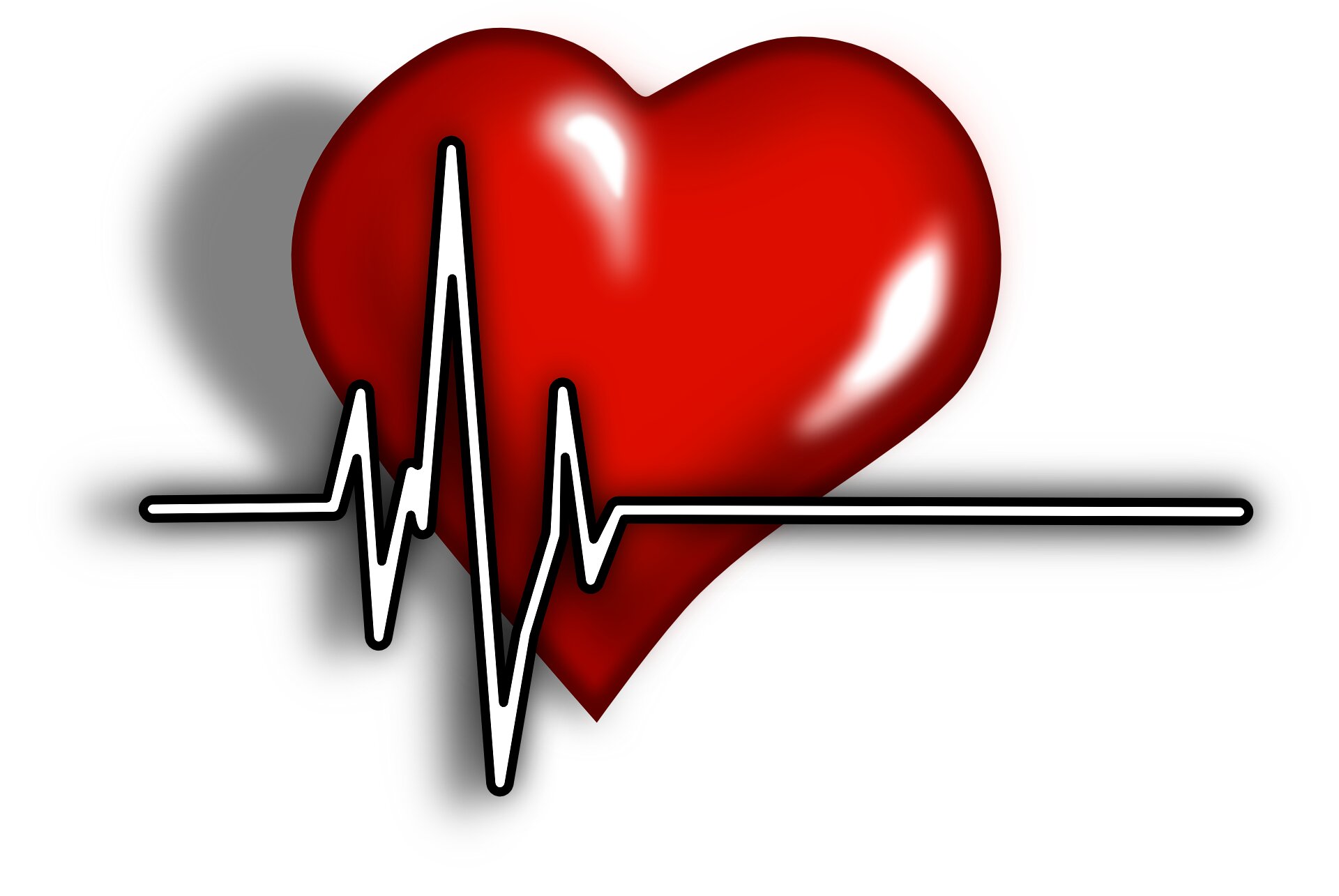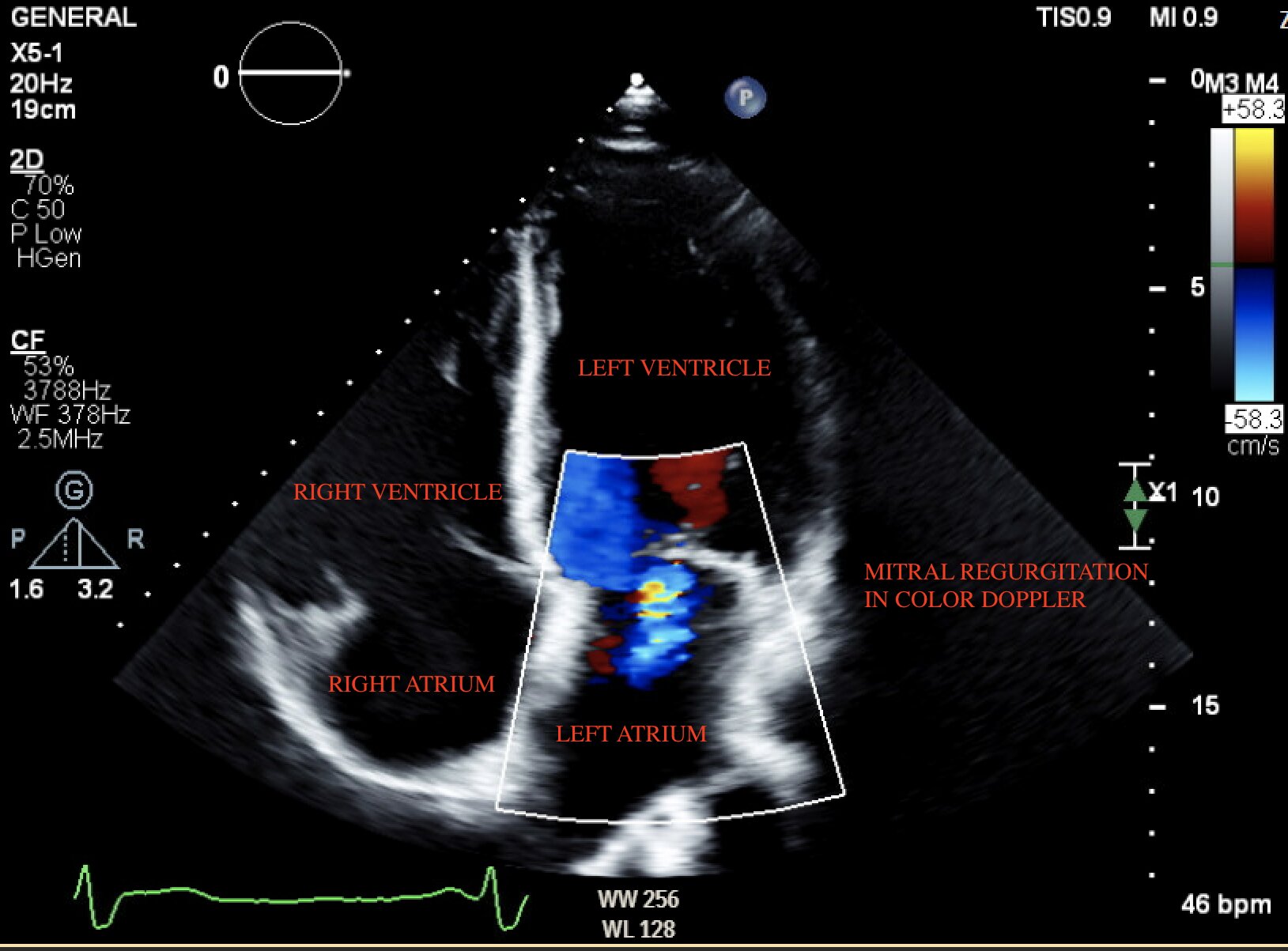If you live near a busy road you might feel like the constant sound of roaring engines, honking horns and wailing sirens makes your blood pressure rise. Now a new study published today in JACC: Advances confirms it can do exactly that.
Previous studies have shown a connection between noisy road traffic and increased risk of hypertension. However, strong evidence was lacking, and it was unclear whether noise or air pollution played a bigger role. The new research shows that it is exposure to road traffic noise itself that can elevate hypertension risk.
“We were a little surprised that the association between road traffic noise and hypertension was robust even after adjustment for air pollution,” said Jing Huang, assistant professor in the Department of Occupational and Environmental Health Sciences in the School of Public Health at Peking University in Beijing, China, and lead author of the study.
Previous studies of the issue were cross-sectional, meaning they showed that traffic noise and hypertension were linked, but failed to show a causal relationship. For the new paper, researchers conducted a prospective study using UK Biobank data that looked at health outcomes over time.
Researchers analyzed data from more than 240,000 people (aged 40 to 69 years) who started out without hypertension. They estimated road traffic noise based on residential address and the Common Noise Assessment Method, a European modeling tool.
Using follow-up data over a median 8.1 years, they looked at how many people developed hypertension. Not only did they find that people living near road traffic noise were more likely to develop hypertension, they also found that risk increased in tandem with the noise “dose.”
These associations held true even when researchers adjusted for exposure to fine particles and nitrogen dioxide. However, people who had high exposure to both traffic noise and air pollution had the highest hypertension risk, showing that air pollution plays a role as well.
“Road traffic noise and traffic-related air pollution coexist around us,” Huang said. “It is essential to explore the independent effects of road traffic noise, rather than the total environment.”
The findings can support public health measures because they confirm that exposure to road traffic noise is harmful to our blood pressure, she said. Policymaking may alleviate the adverse impacts of road traffic noise as a societal effort, such as setting stricter noise guideline and enforcement, improving road conditions and urban design, and investing advanced technology on quieter vehicles.
“To date, this is the first large-sized prospective study directly addressing the effect of road traffic noise on the incidence of newly-diagnosed hypertension,” said Jiandong Zhang, cardiovascular disease fellow in the division of cardiology at the University of North Carolina at Chapel Hill, and author of the accompanying editorial comment. “The data demonstrated in this article provides a higher quality of evidence to justify the potential to modify road traffic noise and air pollution from both individual and societal levels in improving cardiovascular health.”
As a follow-up, Huang said field studies are underway to better understand the pathophysiological mechanisms through which road noise affects hypertension.
The study was supervised by Kazem Rahimi, lead of the Deep Medicine program at the Nuffield Department of Women’s and Reproductive Health at the University of Oxford, and Samuel Cai, lecturer in environmental epidemiology at the Centre for Environmental Health and Sustainability at the University of Leicester.


